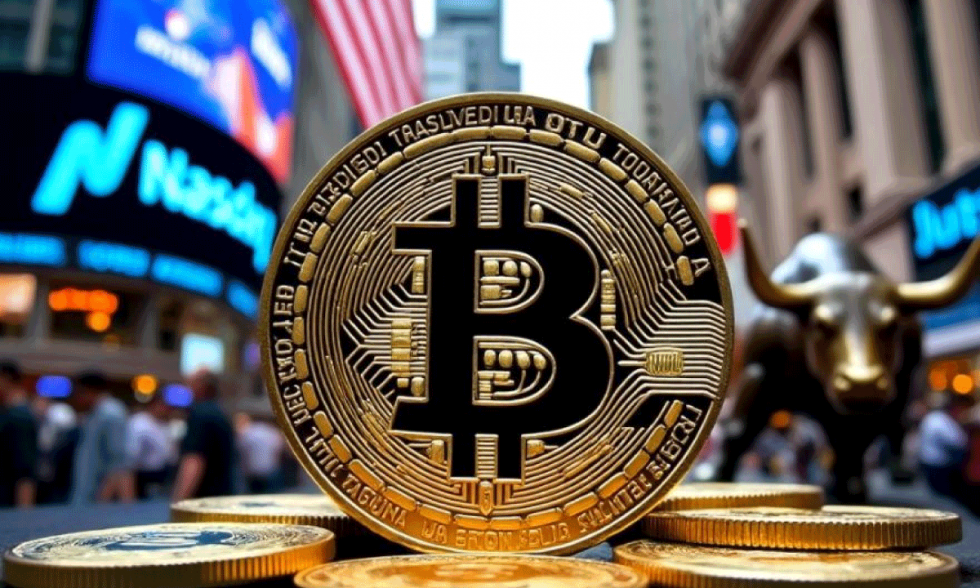Emerging Technologies Revolutionizing MBA Programs
MBA programs have evolved with the incorporation of new technologies that enhance learning. In addition to AI, tools such as virtual reality (VR), data analytics, and machine learning are revolutionizing executive education.
Prestigious universities have embraced immersive technologies to improve the learning experience. For example, the London Business School uses VR simulations to train students in complex negotiations and decision-making under pressure. These simulations allow students to face realistic business scenarios without real-world consequences.
Data analytics enables the customization of curriculums based on individual student performance and needs, optimizing knowledge retention. "Thanks to machine learning, we can predict areas for improvement for each student and adapt the content in real-time," says Professor Daniel Rojas, a digital education expert.
On the other hand, automated learning platforms are making executive education more accessible and flexible. INSEAD has integrated artificial intelligence into its virtual campus, enabling personalized interactions with digital tutors. Additionally, blockchain-based gamification tools are starting to be used to verify the authenticity of learning and certify skills in real-time.
Furthermore, universities like MIT have developed virtual labs where students can experiment with market strategies in simulated environments with live data. These hands-on experiences provide a better understanding of the risks and opportunities in business management.
New technologies not only enrich MBA teaching but also prepare executives for an increasingly digitalized business world. Universities that lead this transformation will set the standard in training the leaders of tomorrow.
Related Articles
Todos los derechos reservados




Comentarios